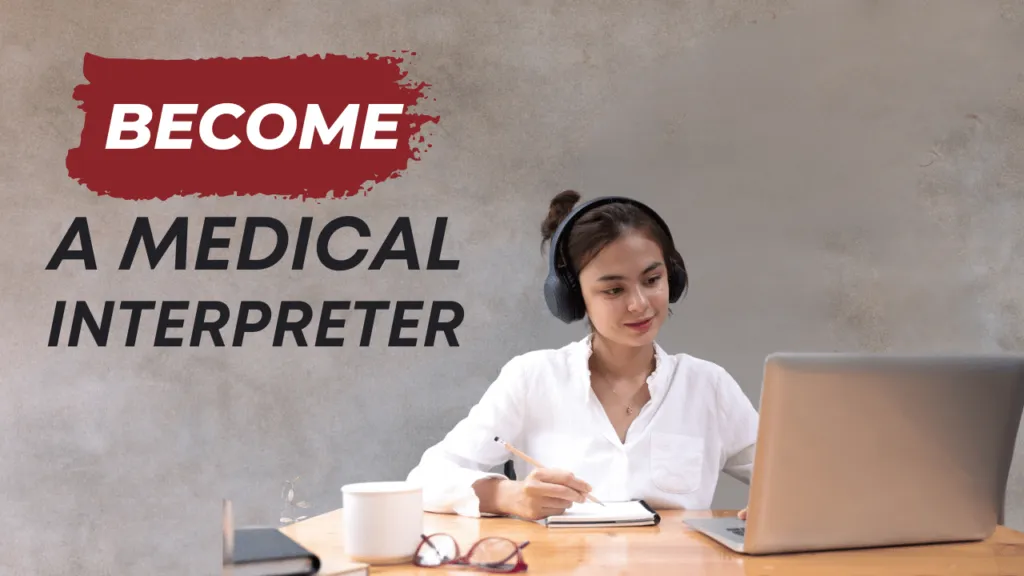Interpreters who specialize in the healthcare industry help people who are having difficulties in hearing. Laboratory technicians, nurses, and doctors also need them because there are a growing number of patients who have limited English proficiency and are deaf and can benefit from clearer communication. See more about translation in the industry and what it means whenyou click here.
When an individual has a limited ability to speak a country’s specific language, even the best physician in town couldn’t provide them what they need if they are unsure of the symptoms and what the patient needs to do. This is where a credentialed and licensed interpreter works as a mediator because they are going to make sure that everyone understands the terminologies involved in a consultation.
Job Inclusions
One of the primary duties of these experts is to ensure that verbal communication between the parties involved remains clear and transparent.
They will explain surgeries and medical tests that the patients need to undergo in the simplest language possible, and they will prevent misunderstandings in the long run. Also, since they are essentially handling sensitive information, you can expect them to observe utmost confidentiality in what they do.
Recruiters who are looking to fill in job vacancies involving interpreters may look for someone empathetic and fast-thinking. Their job role is to make both the physician and the patient understand each other, and an unbiased translation should be made.
-Accurate word-for-word communication
-Ensure that the jargon is understood and simplified so individuals can understand them better
-Confidential information should be kept private
-Bridge gaps especially in the cultural aspect that will prevent the patient from receiving adequate care.
How to Start this Career?
Non-native English speakers who are undergoing medical training and procedures can be employed as a translator. They are going to be the link that many hospitals need, so any advice, medical prescriptions, and other needs are conveyed in the most effective manner possible. A professional will need amedical translator certificationbefore they can start practicing.
Fortunately, today, you can get this through programs that are affordable and structured where online resources and webinars may be available.
Preferably, multilingual individuals are honed to make sure that they can easily adapt to any medical facility, like clinics, hospitals, and other settings. Nursing homes may also need them, especially when there are diverse patients in these medical settings. Therapists and nurses may also need the help of an interpreter, especially if they are serving in a remote location where the locals don’t speak English.
The whole point of bringing a third-party translator into a consultation is for the patient to understand their overall situation and what their options are for treatment. Doctors should also be guided with any concerns that are brought to them by the people that they are treating, and any questions should be answered promptly.
Career and Salary Outlook
It’s worth noting that the following figures are going to vary and they are only the average. However, working in this field can fetch around $51,000 annually according to the Labor Statistics, and the compensation is significantly higher than for those who don’t have a diploma. People are often looking for a combination of a stable career, a great salary, and the potential satisfaction of saving a life, and if so, this might be a good choice for them.
What You Should Do?
Eligible people should be at least 18 years of age, have to undertake around 40 hours or more of medical interpreting training, and should have proficiency in the English language as certified by the IELTS, CPE, FCE, MELAB, ELPT, and TOEFL. These can be provided in the US or any other English-speaking nation, and there should be at least a master’s, bachelor’s, or Ph.D. in the target language. See more about a bachelor’s degree at this link:https://www.britannica.com/topic/bachelors-degree.
1. Earn a Diploma
High-school or GED diplomas are a minimum if you want to be a medical interpreter. However, other hospitals and HR departments may prefer someone with a college degree, but you can still try your luck.
2. Proficiency in Two or More Languages
Complexities are often found in various medical information, and there’s also acknowledgment given to people who are concerned with the treatment that they are going to receive. Going back and forth between a specific language and English should be achievable for these professionals so that it will take less time in every consultation.
After meeting most of the requirements, getting into training programs and classes should be the top priority. Updated and factual information can be found on the CCHI and NBCMI websites, but obtaining the certification process can be challenging. However, after you’ve passed everything and you can start practicing in your state, this can be a lucrative career that can provide plenty of benefits.
Section 1557 states that office staff, Google, friends, and family members are not deemed qualified as medical interpreters even if they have previous experience and fluency. This should be done by a licensed and trained individual so there won’t be any problems for patients in the future.

